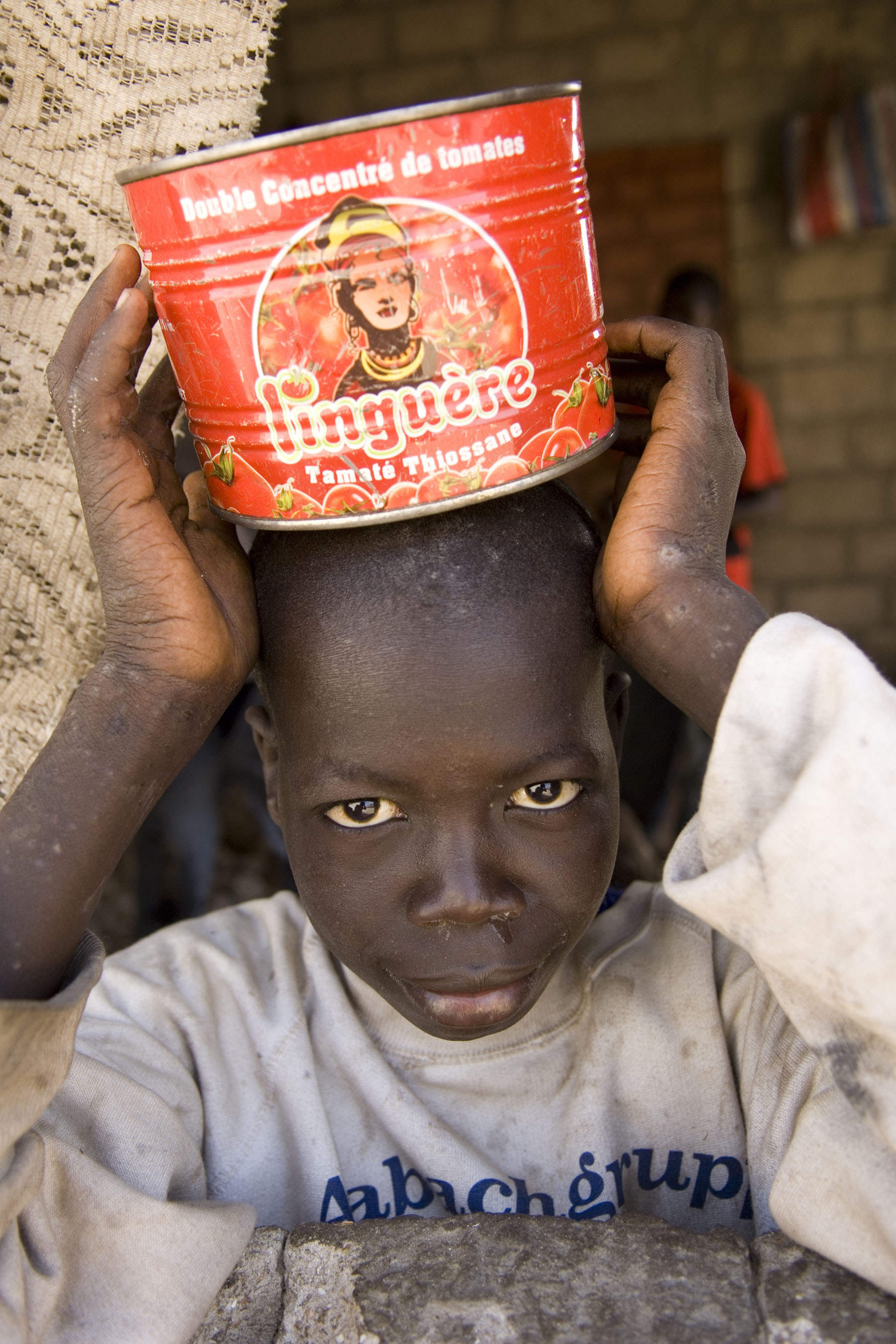
DAKAR, Senegal (BP)–It’s a tough life for a kid.
You wake in the darkness before dawn and roll off a wooden pallet — one of the “beds” you share with 30 other boys on the dirt floor of a grimy, three-room dwelling.
You rub your eyes, eat something –- if there’s anything to eat -– and begin chanting verses from the Quran, Islam’s holy book. You have no idea what the Arabic words mean, but you chant them over and over. You remember the day your mother brought you to this place and handed you over to your Muslim teacher.
“I don’t want to see him again until he knows the Quran,” she had told the teacher, following custom. With tears in her eyes, she pried your trembling fingers loose from her hand and hurried away.
You were 5 years old. You won’t see her again for a decade or more -– if ever.
The chanting done, you set out into the sandy streets of Yoff, a sprawling section of Dakar, capital of the West African nation of Senegal. Carrying an empty tomato can, you spend much of the day begging under the white-hot sun. People drop sugar cubes, food or perhaps a coin or two into your can, fulfilling their duty as Muslims to give alms to the poor. If you return without a full can, you risk a caning across your back.
Tomorrow will be the same -– and the day after that.
You are a “talibe” (TAL-ee-bay), which means “student.” The word comes from the same Arabic root word as “Taliban,” the radical Islamic “students” who ruled Afghanistan before being overthrown in 2001. In theory, you are a student of the Quran, learning to be a servant of Islam through poverty and humility.
In reality, you are a beggar.
Thousands of ragged talibes wander the streets of Senegal. Community leaders push to end the talibe system from time to time, but it remains entrenched in Senegalese Muslim society. Some talibes are treated relatively well by their teachers; others are neglected or worse.
Do poverty-stricken parents give young sons to be talibes for religious reasons — or because they are too poor to feed another child?
“They say it’s religious,” answers a Senegalese Baptist layman who ministers to talibes through a church in Dakar. “But it’s hunger.”
On this day, however, the talibe boys of Yoff are in for a pleasant surprise. As they trickle back from begging, they get a warm welcome from regular visitors: Southern Baptist missionaries Cal McIntire and David and Cheryl Johnson. With the missionaries are a group of student volunteers from Southwest Baptist University in Bolivar, Mo.
The Southwest volunteers, assisted by some laughing talibe boys and other neighborhood kids, set about hauling buckets of gravel and broken rock into the dormitory to sprinkle across the dirt floor. Then they spread sand and wet concrete over the top. When it dries, the boys have a clean surface on which to lay the new foam sleeping pallets their visitors have brought.
Later, the boys drop their filthy clothes into buckets of boiling water. Standing naked behind sheets, they bashfully submit to medicated treatment — repeated over three days -– of the scabies that ravages their skin. The contagious skin disease, spread by mites, flourishes on seldom-washed skin and clothing, causing agonizing itching and pain.
The volunteers fight back tears as they gently apply the soap and medication to the boys’ disfigured skin. When they’re done, they hand out new clothes and bags with toothbrushes and other basics.
“These kids are in pretty bad shape, health-wise,” David Johnson says. “In addition to malnutrition, they have all kinds of skin problems — mostly from sleeping in the sand.”
They also crave attention and love. They come running whenever McIntire, an easygoing guy with a ready smile, visits their neighborhood.
“The little ones almost never have anyone just hold them,” explains McIntire, rubbing the back of a talibe boy clinging to his neck. “David and I do that as much as we can –- just hold ’em and hug ’em.”
While they work to improve living conditions for the talibes, the Southwest students also participate in the “ministry of touch.”
“I did a lot of picking little kids up, putting them on my shoulders, lifting them high in the air and stuff,” says volunteer Jarrod Easterwood, age 22. “I loved it, just spending time with the kids. That’s what they love. They don’t get a whole lot of it.”
As good as such ministry feels, it’s not just feel-good ministry.
McIntire is missionary strategy coordinator for the 150,000 Lebou (LAY-boo) people of West Africa, who live mostly in Senegal. Islamic and traditionally fishermen, the Lebou settled the coastal peninsula, where bustling Dakar now sits, centuries ago. More than 18,000 of them live in Yoff.
Through working with the talibes — who have special significance to the greater community -– and other children’s ministries, McIntire and his co-workers have won many Lebou friends in Yoff. On this day, at least 10 neighborhood residents passing by pronounce blessings on the missionaries and volunteers for helping the talibes.
“We ‘love on’ the kids in order to share Jesus with the parents,” McIntire explains. “We’re able to come in and do more of what we want to do after we do something like this. The people here know we care about them.”
There are only a handful of Christian believers among the Lebou so far, but the first Lebou home fellowship began earlier this year –- in Yoff. McIntire hopes to see four or five more meeting by the end of this year.
One day, the talibes may be liberated from their service. Meanwhile, the Lebou are hearing about the liberating love of Christ.
–30–
















